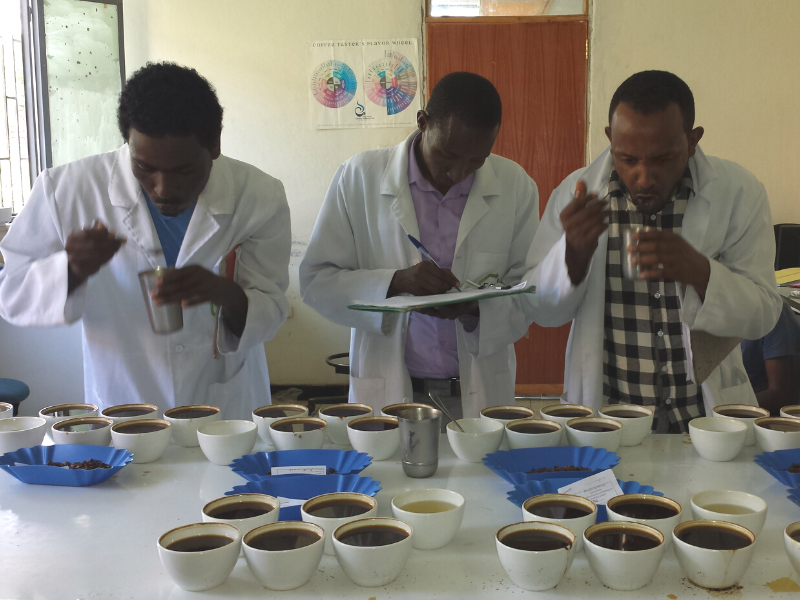International

Rosalind Morris led an extraordinary life that ended 26 Mar. 2022, just shy of her 102 birthday. Her legacy lives on, not just through her scientific and professional accomplishments, but also thanks to a generous donation she made to the Agronomic Science Foundation (ASF), the philanthropic arm of ASA, CSSA, and SSSA. Donations to ASF enable a wide range of programming, such as awards, lectureships, and service initiatives and help to sustain the value and relevance of the Societies into the future.

 The Soil Science Society of America (SSSA) announced its newly elected leaders for the next office term, beginning January 2024.
The Soil Science Society of America (SSSA) announced its newly elected leaders for the next office term, beginning January 2024.

Whether we like it or not, plastic is a major part of our lives. The production and use of plastics has been found to create a problem because “microplastics” are accumulating in our soils.

Most Americans wake up to coffee every morning. In fact, the National Coffee Association says that 70% of Americans drink coffee every week (62% drink it every day!)

Crop breeders are always looking for ways to improve a crop. They know that even small differences in quality and quantity can mean big differences in profits for farmers. So, making the breeding process faster and cheaper makes it more likely they will have success.

Considered to be the most widely consumed drink in the world, tea comes in many varieties. One of these includes honeybush tea, which is made from the leaves of the honeybush plant. It has a honey-like flavor and aroma. Although it is a less well-known variety than its more famous cousin – rooibos – honeybush tea is naturally low in sugar, caffeine-free, and has several other potential health benefits.

The grain called finger millet may not be well-known outside of Africa, but it is an important crop to the region. Finger millet has been farmed in eastern Africa for thousands of years. However, breeding the crop for better traits has been difficult for local farmers.


There’s a widespread problem in rice growing that you’ve probably never heard of. Rice plants that face elevated temperatures can produce “chalky grains” that are easily crushed during the milling process. This leads to lost profits because the price is lower for chalky grains than undamaged grains.



